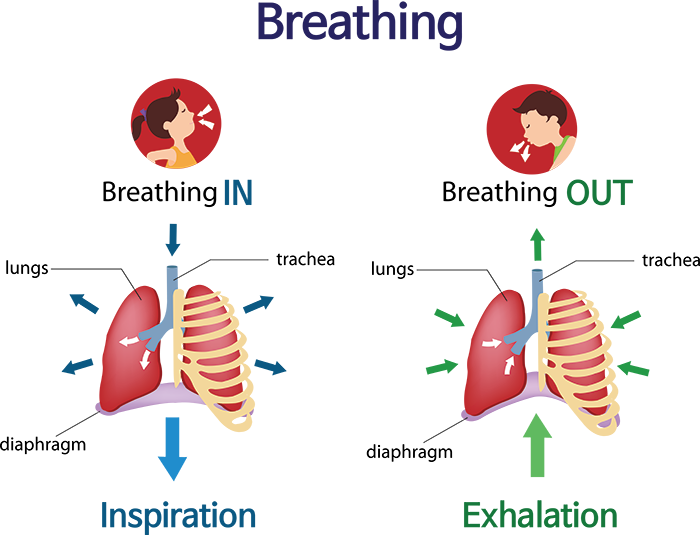So Here's the Thing
The number one problem my female law students struggle with is being comfortable with the strength of their voice. There are several common problems I have observed lawyers have with delivery. Excessive and unnecessary upward inflections, weak delivery, and using a fake voice are three areas that prevent trial lawyers from being their authentic selves.
Common problems I have observed lawyers have with delivery:
(1) Weak Delivery - Delivery Lacks Intensity
What do I mean when I say weak delivery? I am not talking about the weakness of the lawyer’s legal argument. I am talking about the intensity of their voice. I think it is important to define vocal intensity because many lawyers confuse this with being loud. While one who yells usually displays intensity in their delivery, the volume at which you speak does not define the intensity of your delivery. In fact, some of the most effectively intense deliveries I have observed in a closing argument have been just above a whisper.
What I mean by vocal intensity is the strength, or richness of your voice. Vocal intensity is achieved when there is an increase in lung pressure. When you are putting more air through your vocal chords. That requires you to breathe deeply and to speak from your diaphragm.

What happens often with many of us is that our nerves get the best of us. Our breathing gets erratic. So we end up using whatever air is left in our throats to speak, resulting in weak delivery. To combat this before I begin a hearing or any other type of delivery in court, I like to take three deep cleansing breaths. These allow me to calm my nerves, focus on breathing properly and gets me ready to maintain the intensity of my delivery.
Here is an exercise you can do in order to practice increasing the intensity of your delivery:
(1) Stand up or sit up straight in your chair;
(2) Put your hand on your stomach and take a deep breath through your nose (you should feel your stomach go out);
(3) Exhale through your mouth pushing from your diaphragm (you should feel your stomach go in);
(4) Repeat step #2, but this time say “Ah” pushing from your diaphragm. Play around with different levels of volume, but be consistent in pushing from your diaphragm.
(2) Excessive and unnecessary upward inflections.
Excessive, unnecessary and misplaced upward inflections are a common problem with law students and young lawyers. Unfortunately, it is a problem that can highlight your youth and/or inexperience. The reality is that most adults associate excessive upward inflections with teenagers. So when you are arguing your motion in limine, but your delivery sounds like you walked straight off the set of Clueless, there is a higher risk of the court and opposing counsel not taking you seriously.
You may be thinking, “Sara, I’ve been speaking this way for longer than I can remember, how in the world am I going to change that?” First, I think it is important to examine the psychology of when you find yourself using excessive upward inflections. I have often found that women will unconsciously revert to using them when they do not want to appear to be too powerful, too in control, too strong. So think about recording yourself when you are having a serious conversation with the people you are the most comfortable with (i.e. close friends, parents, siblings). I think what you will find is that when you are with people who you are comfortable being strong and powerful around your natural voice shines through. Then make a conscious effort to correct yourself when you find that you’ve slipped back into overusing upward inflections.
(3) Using a “fake” voice - Inauthenticity
This was the delivery mistake that I personally had the biggest problem with. The reason was because I had grown up mastering the art of the “code switch.” I am not talking about the linguistic definition. I am talking about the sociological code switch. The modification of one’s speech or behavior to adapt to different sociocultural norms. While code switching is not confined to racial boundaries, that is how it manifested itself for me. I had been socialized to remember that when I was in settings largely dominated by White people that I needed to speak appropriately. The way this manifested was in me developing my “voice for white people.” The voice that I thought would make me sound pleasant, non-threatening and professional. It was high-pitched. It was weak. It was awful.
I was fortunate to participate in a trial advocacy program in which I was surrounded by people who encouraged me to to be myself. To use my voice. It was not an easy process. Some days it was embarrassingly painful to repeat an examination over, and over, and over again.
Code switching manifests itself in so many different ways. I have watched attorneys come down to my home state of Alabama and try a case with a fake Southern accent (Southern juries hate that by the way). I have watched women attorneys emulate the abrasive style of their senior male partners. But mostly I watch lawyers put on their “lawyer voice.” You know what I’m talking about. Like any other code switch there are lawyers out there who have decided they have to sound a certain way to sound “like a lawyer.” Well, if no one has ever told you let me be the first...THERE IS NO LAWYER VOICE. There is no such thing as sounding like a lawyer. Juries can sniff out a fake faster than my dogs smell their treats.
Moral of the story, lawyers sound like you. Lawyers sound like me. You do not need to create a fake voice to “sound like a lawyer.” Your voice is enough.

